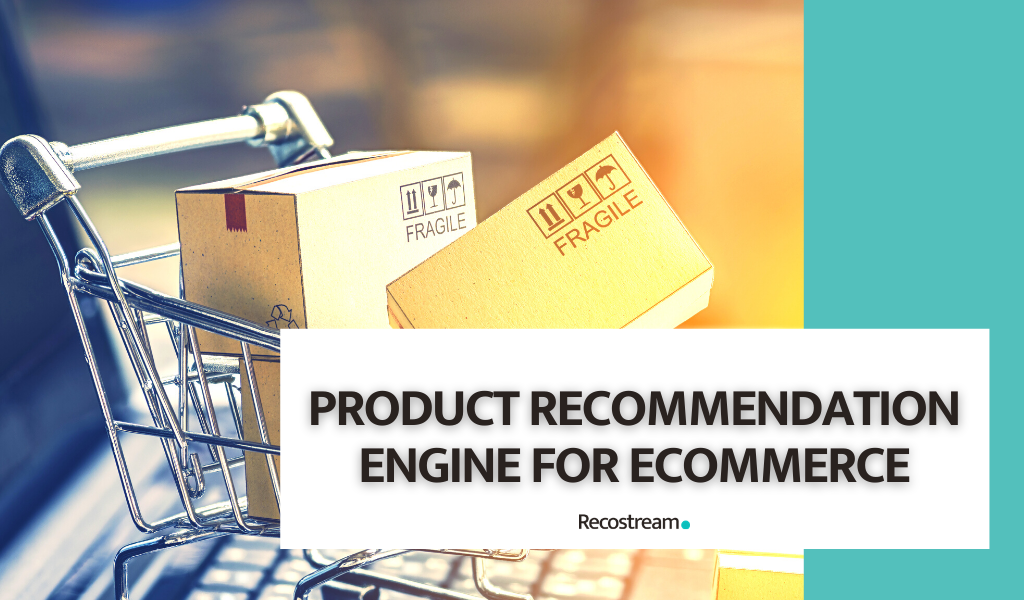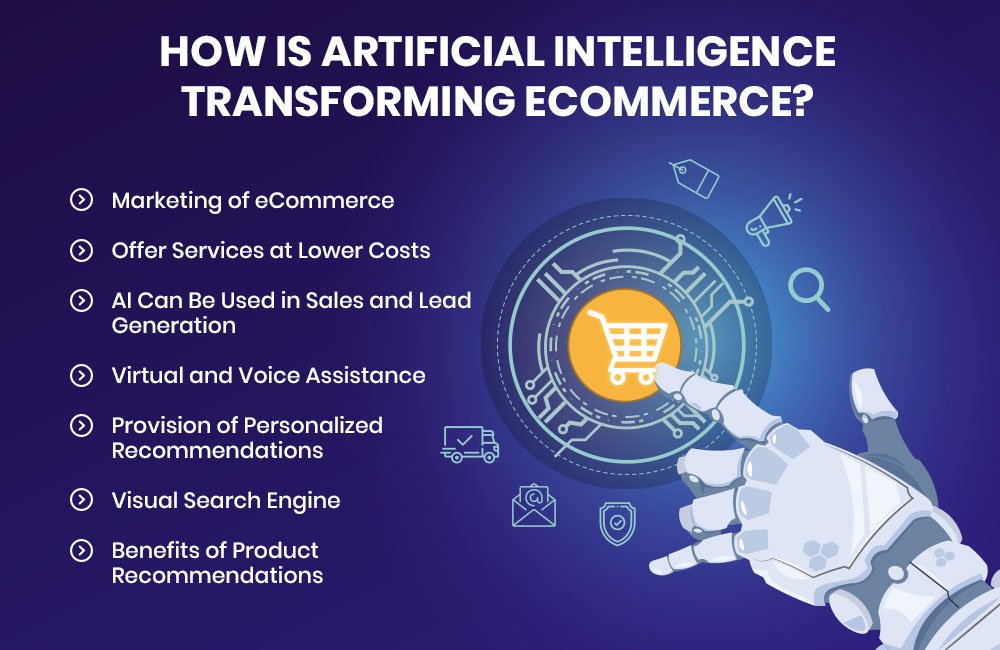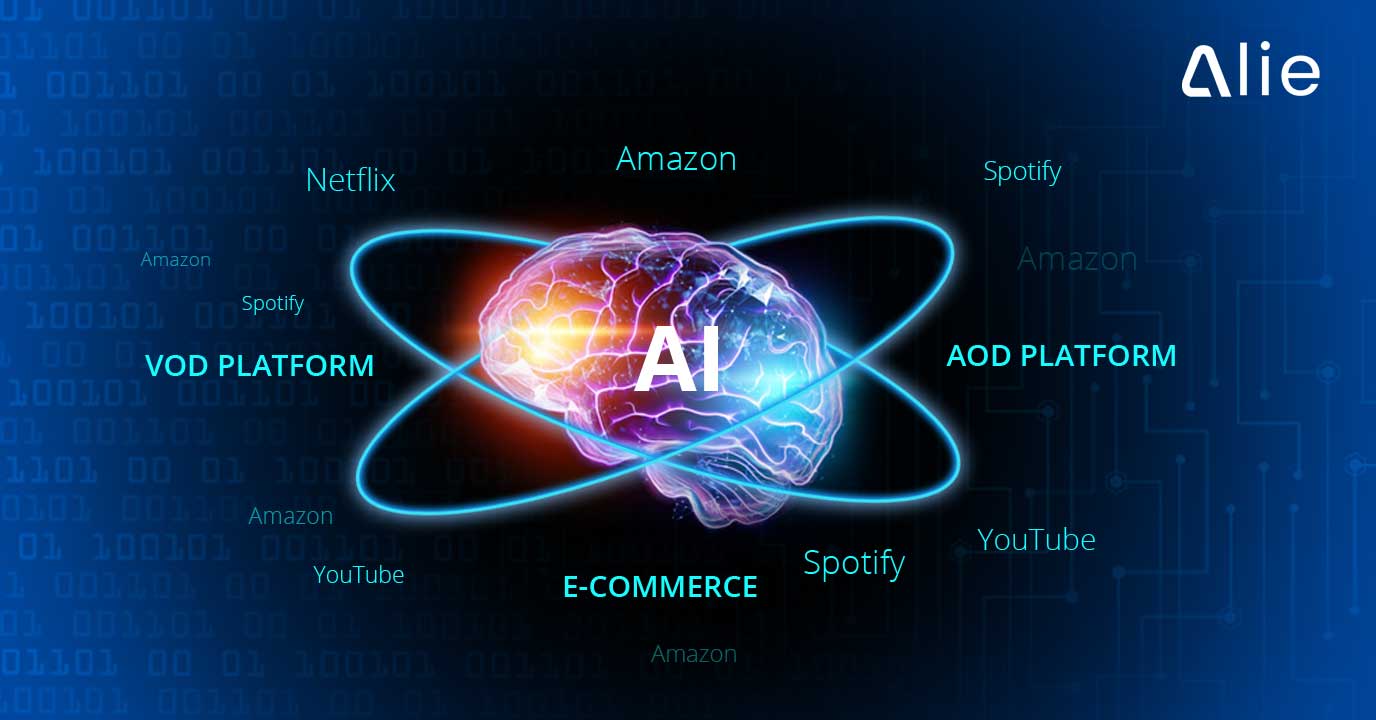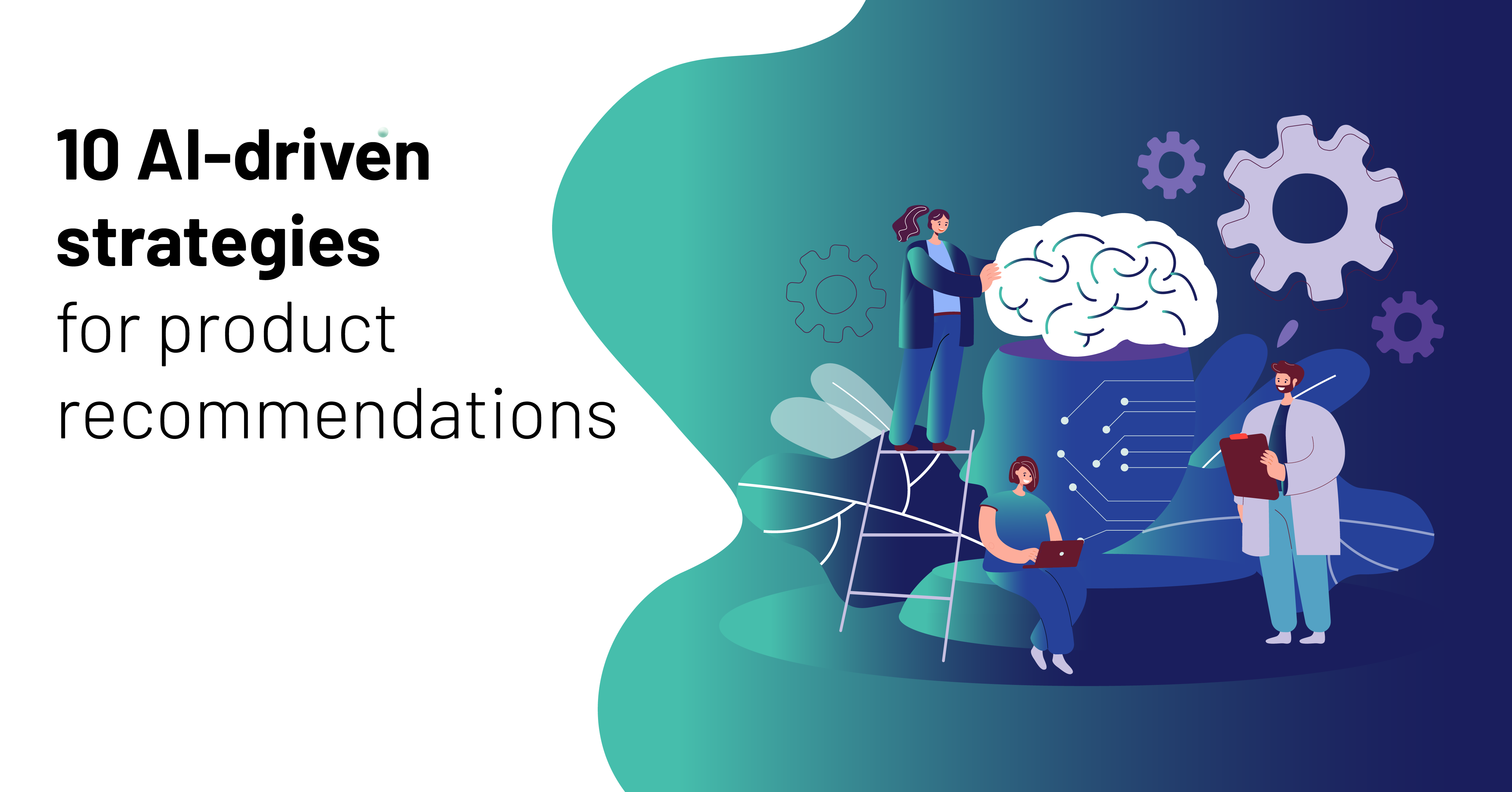
Introduction
E-commerce is a rapidly growing industry, and it is expected to continue to grow in the coming years. As the number of online shoppers increases, so too does the amount of data that is available about their shopping habits. This data can be used to create powerful AI-driven recommendation engines that can help retailers to improve their sales and customer satisfaction.
Recommendation engines are a type of artificial intelligence (AI) that uses data to predict what products a user might be interested in. They are used by a variety of online retailers, including Amazon, Netflix, and Spotify. Recommendation engines work by tracking a user's past behavior, such as the products they have viewed or purchased, and then using this data to generate personalized recommendations.

AI-driven recommendation engines are more effective than traditional recommendation engines, which are based on simple algorithms such as collaborative filtering. Collaborative filtering works by finding users who have similar tastes and then recommending products that they have purchased. AI-driven recommendation engines, on the other hand, can take into account a wider range of factors, such as a user's demographics, interests, and purchase history. This allows them to generate more accurate and personalized recommendations.
Benefits of AI-driven recommendation engines for e-commerce
AI-driven recommendation engines can provide a number of benefits for e-commerce retailers, including:

- Increased sales: Recommendation engines can help retailers to increase sales by suggesting products that are relevant to a user's interests. This can lead to more purchases and higher average order values.
- Improved customer satisfaction: Recommendation engines can help to improve customer satisfaction by providing them with products that they are actually interested in. This can lead to repeat purchases and a stronger relationship between the retailer and the customer.
- Reduced marketing costs: Recommendation engines can help retailers to reduce their marketing costs by targeting their advertising more effectively. By understanding what products a user is interested in, retailers can ensure that their advertising is seen by the right people.
- Improved conversion rates: Recommendation engines can help to improve conversion rates by suggesting products that are likely to appeal to a user. This can lead to more customers completing their purchases and fewer abandoned carts.
How to create an AI-driven recommendation engine for e-commerce
There are a number of steps involved in creating an AI-driven recommendation engine for e-commerce. These include:


- Collecting data: The first step is to collect data about your customers' shopping habits. This data can be collected from a variety of sources, such as website traffic, purchase history, and social media activity.
- Cleaning and preparing the data: Once you have collected the data, it needs to be cleaned and prepared for analysis. This involves removing duplicate data, dealing with missing values, and normalizing the data.
- Training the model: The next step is to train the model. This involves using the data to train an AI algorithm to learn how to predict what products a user might be interested in.
- Evaluating the model: Once the model has been trained, it needs to be evaluated to ensure that it is performing well. This can be done by measuring the accuracy of the model's predictions.
- Deploying the model: Once the model has been evaluated and proven to be effective, it can be deployed to production. This means making the model available to your website so that it can start generating recommendations for your customers.
Conclusion

AI-driven recommendation engines are a powerful tool that can help e-commerce retailers to improve their sales, customer satisfaction, and marketing ROI. By understanding what products a user is interested in, retailers can provide them with a more personalized shopping experience and increase the likelihood of them making a purchase.

If you are an e-commerce retailer, I encourage you to consider implementing an AI-driven recommendation engine. It is a relatively simple and cost-effective way to improve your business.
Post a Comment